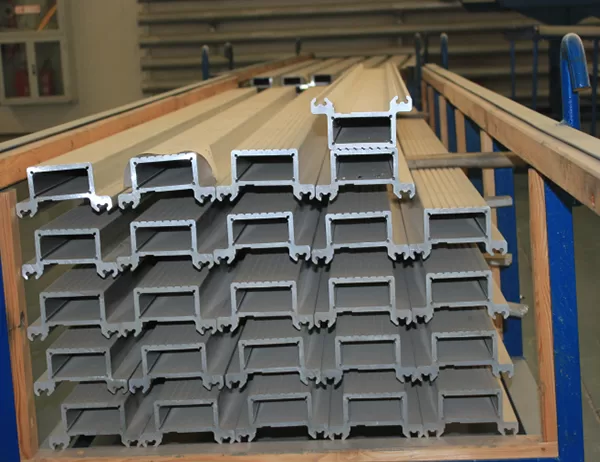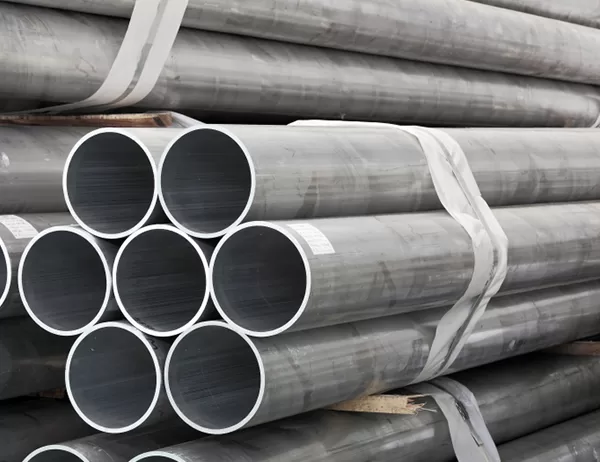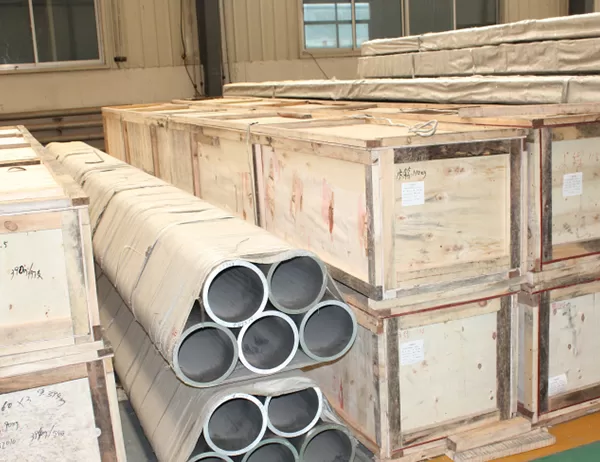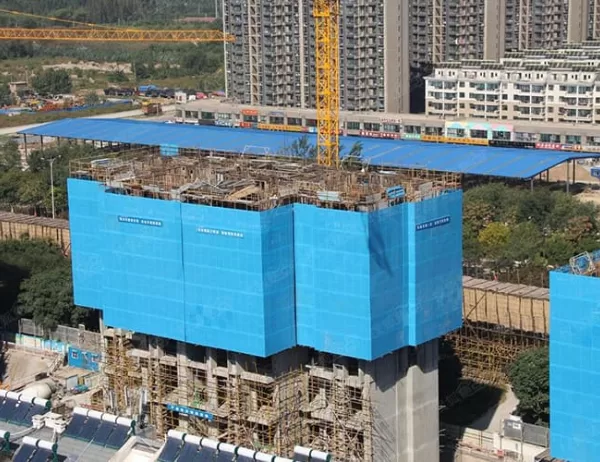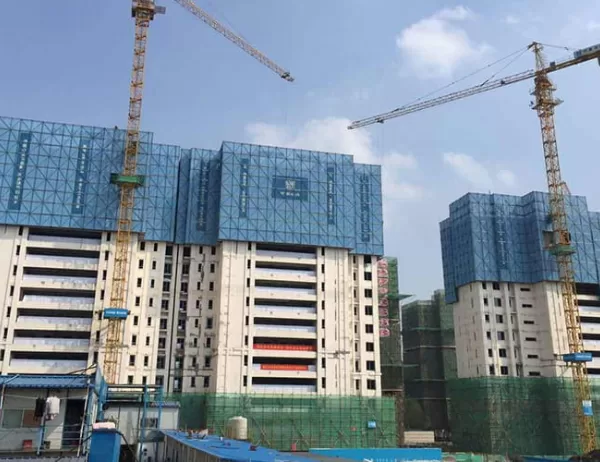In light of the growing concern over the environmental impact of industrial practices, businesses and individuals alike are seeking sustainable alternatives in their operations and consumption habits. Aluminium track profiles, with their inherent recyclability and durability, offer a compelling solution for those seeking to minimize their environmental footprint. This article explores the multifaceted environmental benefits of using aluminium track profiles, highlighting their contributions to a more sustainable future.
Aluminium is a highly sustainable material due to its unique properties. It is 100% recyclable, meaning that it can be used repeatedly without compromising its structural integrity. This closed-loop recycling process significantly reduces the demand for raw materials, conserving natural resources and minimizing landfill waste. Furthermore, aluminium is lightweight, reducing fuel consumption during transportation and installation.
The production of aluminium track profiles involves significantly lower greenhouse gas emissions compared to other materials. Aluminium can be recycled using a process called secondary smelting, which requires far less energy than primary production from bauxite ore. By utilizing recycled aluminium, manufacturers reduce their carbon footprint and contribute to a cleaner environment.
Long-Lasting Durability
Aluminium track profiles are known for their exceptional durability and resistance to corrosion. They can withstand harsh weather conditions, including extreme temperatures, without compromising their structural integrity. This longevity eliminates the need for frequent replacements, reducing waste generation and the associated environmental impact.
Energy Efficient
The thermal conductivity of aluminium is significantly higher than that of traditional materials such as steel or wood. This property makes aluminium track profiles an excellent choice for energy-efficient applications. They can be used in the construction of window frames, doors, and curtain walls, effectively reducing heat loss and improving building insulation.
Versatile Applications
Aluminium track profiles find applications in various industries, including construction, transportation, and manufacturing. Their adaptability allows for customized solutions that meet specific functional and aesthetic requirements. By using aluminium track profiles, businesses can reduce waste associated with material overproduction and minimize the use of non-sustainable materials.
Conclusion
The environmental benefits of using aluminium track profiles are undeniable. Their recyclability, reduced carbon footprint, durability, energy efficiency, and versatility make them a sustainable choice for businesses and individuals alike. By incorporating aluminium track profiles into their operations and designs, industries can contribute to a more sustainable future while maintaining high standards of performance and quality. The adoption of these profiles represents a significant step towards reducing waste, conserving natural resources, and protecting the environment.
